Recently, the conflict in Myanmar between the Junta and Arakan army took a grave and terrible turn. The situation is becoming more complicated day by day. Almost more than 300 Myanmar border and security force (BGP) personnel have deserted to Bangladesh to escape the ongoing fighting. As a result of this Myanmar civil war, people along the Bangladesh border have become anxious and feel a threat to their lives. Mortar shells and bullets frequently penetrate Bangladeshi territory from Myanmar, resulting in damage to both lives and property. As a peace-loving nation, Bangladesh still plays a neutral role in this situation. Nevertheless, due to Bangladesh’s commitment to humanitarian rights, they have allowed illegal trespassers from Myanmar to enter.
All neutral states have two fundamental rights: The right to not suffer belligerent attacks and the right to not have their neutral territory infiltrated. As a neutral state, Bangladesh has the right to stay out of the conflict and not be harmed by it, standing firm and untouched while chaos reigns elsewhere.
On the other hand, belligerent parties also must show respect for neutral spaces, and in particular, ensure that involved armed forces do not enter the neutral state’s border and that the neutral state is not affected by the collateral damage. The conflicting parties must issue clear instructions and order their forces near the neutral space to be aware of and not harm the neutral space.
It is a general principle of the law of neutrality that any violation of neutral rights constitutes an international tort, or as it is sometimes called, an international delinquency. Hire such rights have been protected by the International Convention any violation of such conventional rights may also involve additional liability resulting from the breach of such conventional obligation. As in domestic torts, an international tort involves an obligation on the part of the tortfeasor to make reparation.
International law offers a framework for addressing harm from misfires, including state responsibility and liability for transboundary damage
If a neutral state is affected by damage caused by a misfire or accident originating from another state, several possible remedies and rules may apply, depending on the circumstances and applicable international law. Bangladesh already lost property and her citizens by the negligent acts of Myanmar. As an affected and neutral state, Bangladesh may engage in diplomatic dialogue with the state responsible for the misfire to seek compensation or other remedies. International law offers a framework for addressing harm from misfires, including state responsibility and liability for transboundary damage. The affected state can use international treaties and customary law to seek redress.
Bangladesh can also as an affected state file a case against Myanmar and hold them responsible for the misfire, alleging violations of international law and seeking reparations. However, it may become complicated to make Myanmar liable because of rebellious groups involved in this war.
Under international law, if a state aids, encourages, or provides material support to a rebel group that engages in activities causing harm in a third country, that state may be held responsible for the resulting damage. But If a state is engaged in a war against a rebel group and the group causes harm in a third country, the liability of the warring state would depend on whether it exercised due diligence to prevent spillover effects and minimize harm to third parties. While the warring state may not be directly liable for the actions of the rebel group, it could still be accountable if it fails to prevent cross-border harm through negligence or inadequate measures to contain the conflict.
It`s essential for the affected state to carefully consider its options and seek legal advice to determine the most appropriate course of action based on the specific circumstances of the misfire and the applicable legal frameworks. International law, including principles of state sovereignty, peaceful dispute resolution, and the obligation to prevent transboundary harm, shapes the remedies available in such situations.
Shafiqul Islam is a freelance contributor.

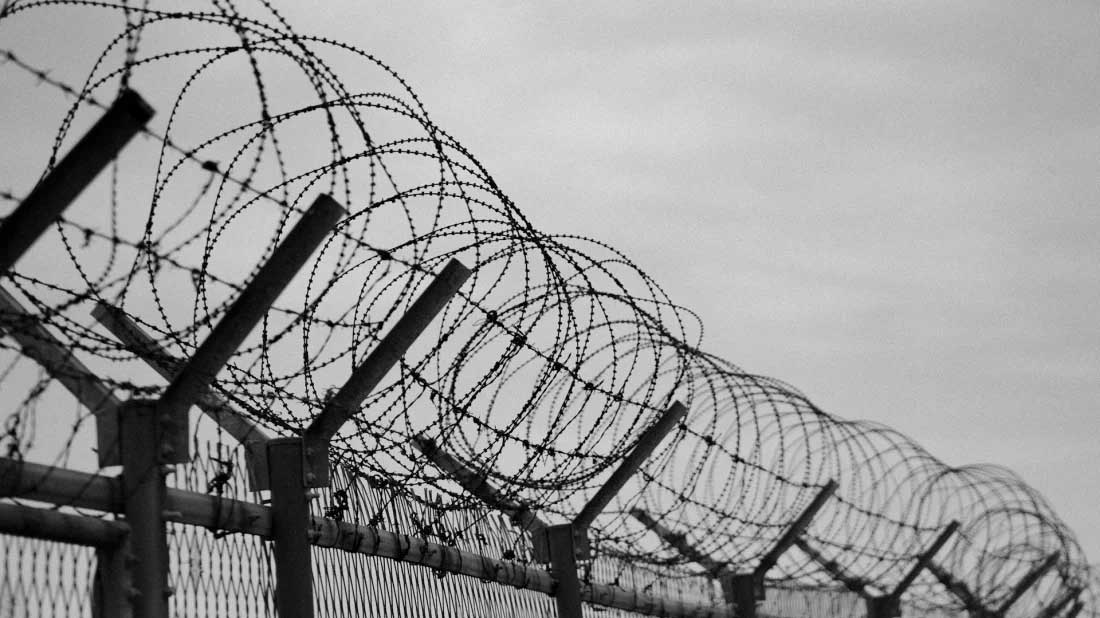
 ডেইলি খবরের সর্বশেষ নিউজ পেতে Google News অনুসরণ করুন।
ডেইলি খবরের সর্বশেষ নিউজ পেতে Google News অনুসরণ করুন।













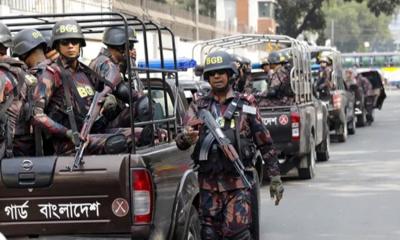
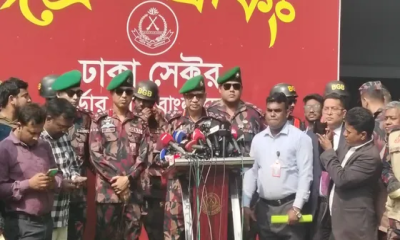









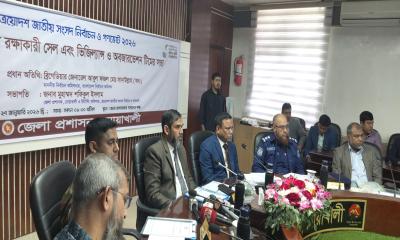



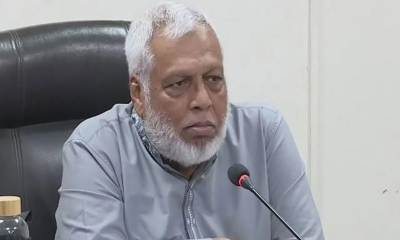


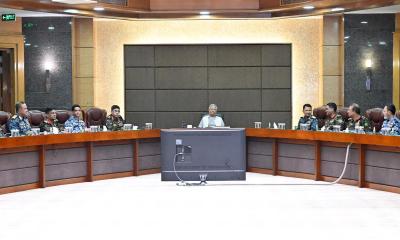




আপনার মতামত লিখুন :